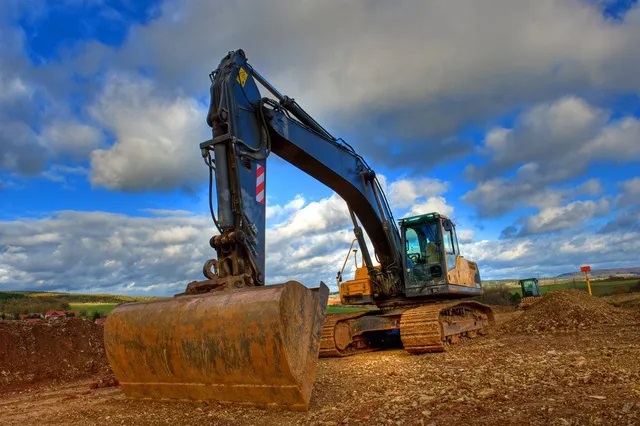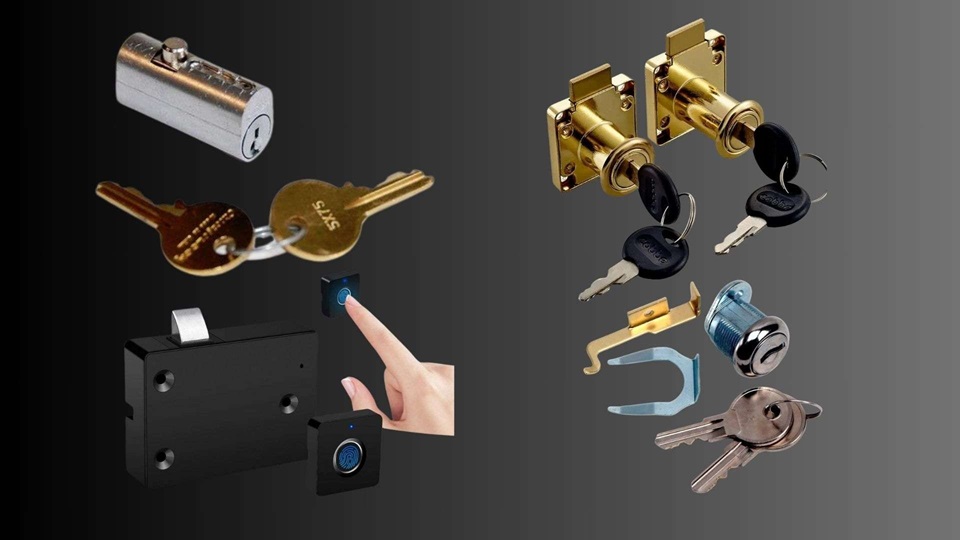When embarking on construction or excavation projects, one of the critical decisions businesses must make is selecting the appropriate equipment. Excavators, for instance, are fundamental to such operations. However, a key decision lies in choosing between a wet hire excavator and a dry hire excavator. Both options come with their unique advantages and drawbacks, which are essential to understand to make an informed decision that aligns with project needs and outcomes.
Understanding Wet Hire
Wet hire refers to the process of renting construction equipment with an operator. This option is preferred by those who require specialised skills to manage the machinery or by companies without qualified staff. When opting for wet hire, the service typically includes the equipment, the operator, maintenance, and sometimes even the fuel. But how does it stand in terms of advantages and disadvantages?
Pros of Wet Hire Excavator
Firstly, with wet hire, the project benefits from the operator’s expertise. These professionals have the necessary skill sets and experience to maneuver the machinery efficiently, which can significantly reduce the chances of accidents and subsequent downtime. Moreover, the wet hire arrangement usually covers insurance and liability, offering additional peace of mind.
Another advantage is the potential cost efficiency in certain situations. Projects can save on the expenses of training or hiring specialised staff. There’s also the benefit of predictable costing, as wet hire typically comes with a fixed price that includes the equipment and human resources.
Cons of Wet Hire Excavator
However, wet hire may pose limitations in terms of flexibility. The availability of operators might not always align with the project’s timeline. Furthermore, because the operator is not an in-house employee, there could be a lack of control over how tasks are prioritised and executed. Additionally, for longer-term projects, the costs of wet hire could sum up to be higher than dry hire alternatives.
Understanding Dry Hire
Dry hire, on the other hand, provides the equipment without an operator. This choice is typically made by contractors who already have capable operators on their team or those who prefer to take direct control of their projects.
Pros of Dry Hire Excavator
Opting for a dry hire excavator affords heightened control over the project. Contractors can directly manage their project timelines, team schedules, and the method of task execution. Dry hire also enables companies with experienced operators to maximise the efficiency of their existing workforce.
Another advantage is the potential cost savings over longer project timelines. Without the added costs of an operator, the rental expenses are typically lower, making dry hire a cost-effective solution for companies with competent staff. Furthermore, dry hire can offer greater rental term flexibility, allowing for extensions without the complexities of renegotiating operator contracts.
Cons of Dry Hire Excavator
However, dry hire excavator has its setbacks. It demands internal expertise, meaning the business must have qualified operators available – which is a significant consideration for those without trained personnel. There is also the additional responsibility of insurance and liability; the client is typically responsible for any damages or incidents that occur during the rental period.
Dry hire also requires the in-house management of maintenance and repairs. While this control can be an advantage, it can also mean additional operational burdens in ensuring equipment readiness and safety compliance, which could lead to additional costs if not carefully managed.
Specialised Equipment Considerations
Specialised projects require specialised equipment. For instance, the construction or maintenance along rail lines calls for specific machinery, such as a hi rail truck. This kind of equipment is often more complex and may sway the decision between wet or dry hire, based on the availability of industry-specific operating skills within the team.
Choices between wet and dry hire are not always straightforward, and often, the nuances of a project’s scale, duration, and expertise required will guide the decision. It is crucial to weigh the pros and cons concerning the specific circumstances of the project before finalising the type of excavator hire.
Conclusion
In conclusion, the decision between a wet hire excavator and a dry hire excavator is a significant one that can influence both the efficiency and the cost-effectiveness of a project. With wet hire providing expert operators and a comprehensive package but potentially less control and flexibility, and dry hire offering lower costs and more direct project management but requiring in-house expertise, the choice hinges on project specifics.
Ultimately, understanding these pros and cons enables businesses to make an informed decision to secure the right equipment that meets the project’s needs while aligning with operational capabilities. Evaluating the requirements thoroughly and anticipating the implications of the hire choice is indispensable for the successful completion and financial robustness of any construction or excavation project.
Whether it’s for general excavation work or specific needs such as a hi rail truck for rail projects, ensuring the right fit between hire options and project demands is a fundamental aspect of project planning and execution that should never be underestimated
Also read more:- Upholding Financial Integrity: A Guide to AFSL Application and Compliance.



